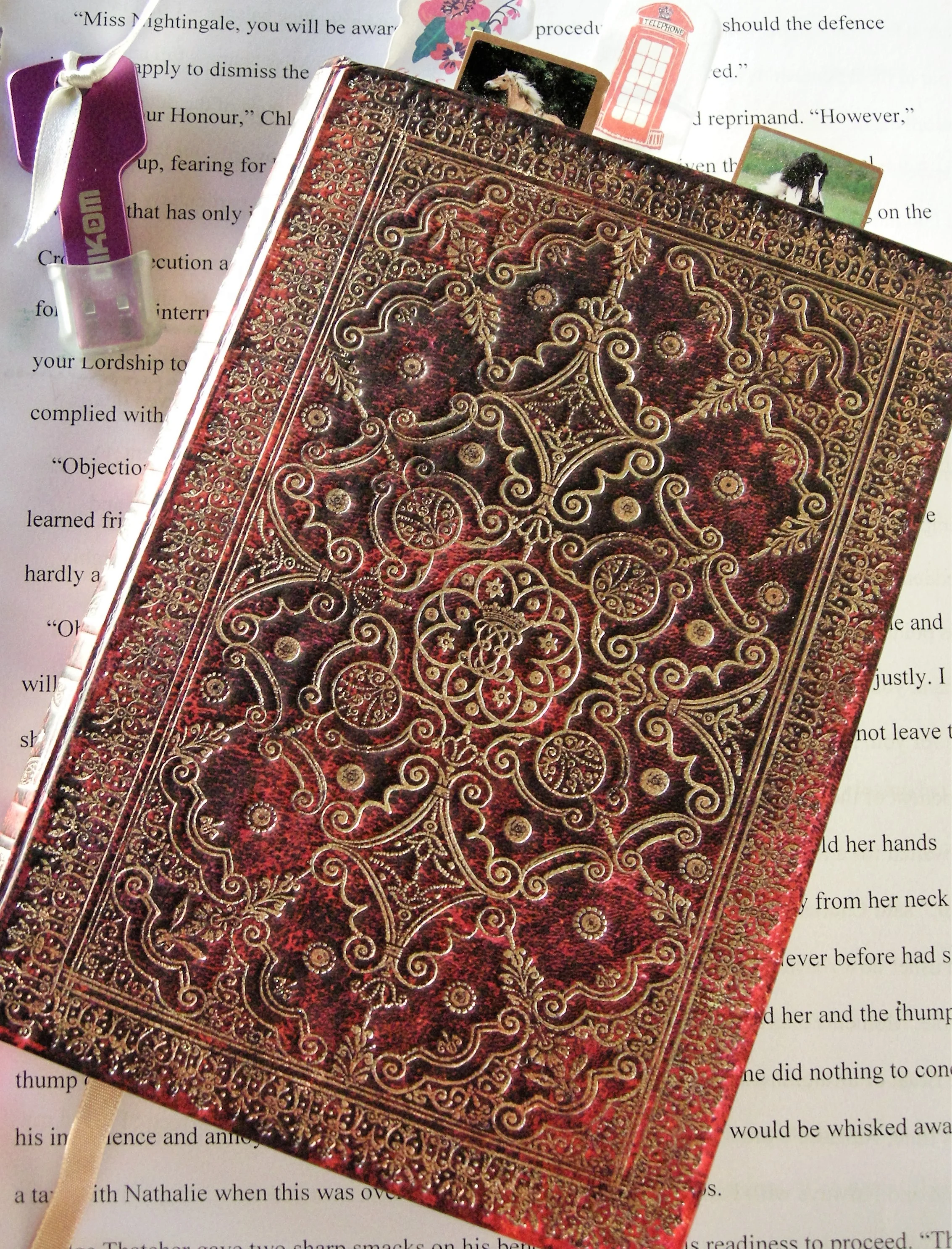Keep calm and carry on writing
How to survive rejection and stay on track towards your publication goal
Ouch! I knew rejection was one of the rites of passage on the path to publication, but it does hurt. Like a punch in the gut. And I am in a brilliant position to know, since my first rejection rolled into my inbox yesterday.
Today, I am still feeling slightly wobbly and can’t get down to any other work. I need to devise a plan, one that will help me handle rejection and still stay on track towards my goal: getting my debut novel published.
I know you might be saying, Can’t you just toughen up? Get real! I do know what you mean; in theory, I even agree. But it’s harder than that, isn’t it? Perhaps no one but a writer quite understands how much of ourselves we put into our writing. Nor how much work – agonising, self-doubting, sheer hard slog – goes into creating a finished piece, such as my novel.
I suppose the London literary agent who wasted no time on pleasantries and deftly turned me down in 75 succinctly phrased words (that also served to criticise my writing style and denigrate my characters, feedback for which I’m supposed to be grateful) dislikes this part of her job. It must be tough to be an agent.
Watch out - they're prickly!
As writers, do we have to suffer the indignity and disappointment of rejection? Today, we can bypass the gatekeepers and self-publish via Amazon or select from a range of different options. Yet personally, I choose to suffer, because my first choice is traditional publishing. And my preferred route is through the agency of a top-class professional who will be on my side in the bid for a good publishing contract. That’s what I want. I’m going for it.
So, with a shrug of the shoulders and a sardonic smile on my lips, here are ten red-hot tips.
10 tips on how to survive rejection and stay on track towards publication
1. Get a thicker skin. Rejection is inevitable if you want to publish your work traditionally.
2. Laugh about it: does this rejection really matter in the grand scale of your life? Nope!
3. Feel proud – now I’m a true professional: I got my first rejection!
4. Research: how many rejections did some great writers pick up? Charles Dickens? J K Rowling? Your favourite writers?
5. Just look on the bright side: you’ve got a rejection from an agent – that’s good practice for when the publishers turn you down.
6. Get a cheerleader! I have my brilliant daughter and she reminded me how many applications she had to make before she landed her plum job in the City – I was her cheerleader, then, always ready to sympathise, encourage and tell her never to accept defeat. Find a great cheerleader among your family and friends. Train them.
7. Review your merits and achievements so far. When my academic manuscripts were rejected – twice – by my first choice publisher, I didn’t give up, but went on to get two great publishers for my textbooks. I know I have got sticking power. Yep, this is the time to ignore the agent's comments and continue with that well-laid plan. Next proposal coming up!!!
8. Self-publishing exists. The technology is there, the market structure is in place. Readers are ready. Consider it a useful safety net if the weight of rejection becomes intolerable.
Prosecco by Sal Alexander
9. You don’t need to have an agent to do this: drink a perfectly chilled glass of Prosecco, preferably in good company. Cheers! To our good health and happiness! This will help keep the setback in perspective.
10. Get your next proposal out there. Send it off, and don’t extinguish the flutter of hope in your heart. Be brave. Put yourself on the line. Do it all again
And perhaps the most important tip of all is to:
Keep calm and carry on writing.
Take care and keep me posted!
Ally
If you have tips of your own to share on how to handle rejection from agents or publishers, please contact me with your comments
If you would like to join me on my writer's journey, please subscribe and I'll keep you posted!



